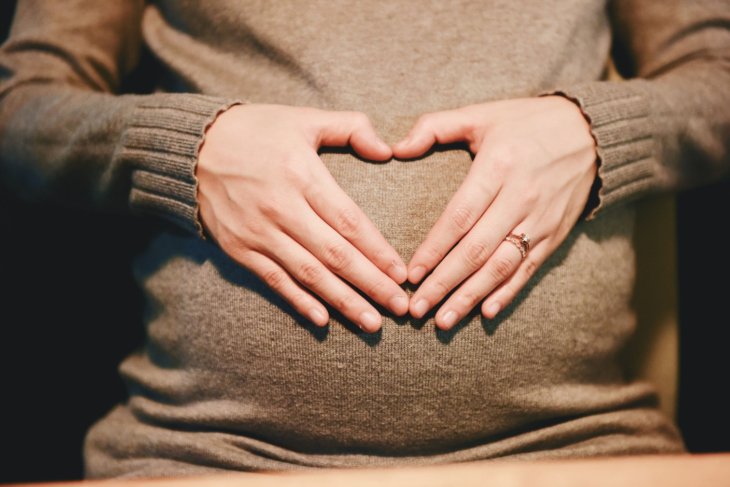
When a woman has experienced two or more miscarriages, it is referred to as recurrent pregnancy loss. Only about one percent of all women will ever experience recurrent pregnancy loss, but for those that do these repeated miscarriages are emotionally, mentally and physically devastating not only for her, but for her partner as well. Most miscarriages are caused by chance, with a chromosomal abnormality that the female body recognizes and rejects, resulting in a miscarriage after fertilization of the egg. There are no underlying medical conditions for in these instances, but in other cases more than one miscarriage may be the result of congenital problems with the uterus or certain medical conditions.
Tests and Exams to Determine the Cause of Repeated Miscarriages
To determine the cause of your repeated miscarriages, you should schedule a consultation with a medical professional, especially one within the fertility field. They will be able to guide you to finding a solution that is right for you and your partner by asking about your medical history and past pregnancies. They may also request physical or pelvic exams, or request blood tests to diagnose any problems with your immune system. If they suspect a concern with your uterus, they may also schedule an imaging test. Following your evaluation and any recommended testing, they may be able to identify the source of your recurrent pregnancy loss and recommend appropriate treatment.
Fertility Solutions for Recurrent Pregnancy Loss
Unexplained recurrent pregnancy loss is very rare and in most instances, the cause can be identified with advanced testing. The work up should be done by an expert with reproductive endocrinology or high risk experience. When the cause is identified, the treatment is directed towards the cause. At AL IVF, the work up is quite expensive for patients with such a history and in almost all instances, we are able to find the cause of the problem.
Egg Donation
Egg donation is a reliable fertility solution to help you have a baby when you are facing infertility struggles. Most fertility clinics have large databases of donors for you to choose from, granting you access to detailed information about each donor so you can make the best decision for your new baby and family.
Surrogacy
For many families, surrogacy is an ideal solution to have their baby. Surrogate mothers can carry a baby conceived from your egg and your partner’s sperm, or an egg or sperm from donors. Most fertility clinics or agencies will have a database of surrogate mothers for you to choose the best fit, and they ensure each surrogate meets a set of requirements for the safety and health of both her and your baby before, during and after your fertility program.
In Vitro Fertilization
For many women or couples facing infertility, in vitro fertilization, or IVF, provides a reliable solution with a high success rate. With IVF, the male partner’s or a donor’s sperm is manually combined with the mother’s or donor’s egg in a lab. Once the egg has been fertilized, the embryo can be transferred into the mother’s uterus or that of a surrogate.
Talk to a Fertility Specialist
There is a wide variety of treatment solutions available if you are facing recurrent pregnancy loss, so don’t give up hope. Research fertility clinics in your area and schedule a consultation with a fertility specialist to discuss your concerns and find the right solution that can make your dream of parenthood become a reality.










